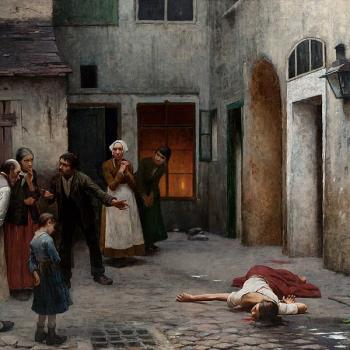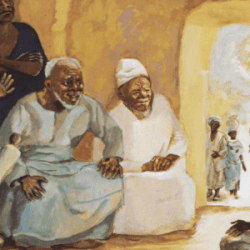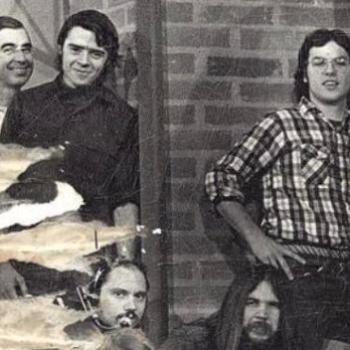Naser Jason Abdo
Naser Jason Abdo, a U.S. Army private first class, is being held without bond for allegedly planning to attack a restaurant frequented by soldiers from Fort Hood and for the possession of an unregistered firearm. Abdo, who joined the army in March of 2009, had applied for a conscientious objector status in June, 2010, arguing that his being Muslim prevented him from serving in Afghanistan. He told Al Jazeera TV that "I don't believe I can involve myself in any army that wages war against Muslims. I don't believe I could sleep at night if I take part, in any way, in the killing of a Muslim."
But his application for discharge was put on hold when the Army discovered child pornography on his government-issued computer, after which Abdo went AWOL. Nearly a year later in July 2011, Abdo was arrested after raising the suspicion of a gun store in Killeen, Texas (the same store where Major Nidal Hasan has bought his pistol used to kill thirteen soldiers) near Fort Hood. He is the third Muslim soldier since the attacks of 9/11 to be charged with terrorist offenses, which has prompted many Muslim soldiers serving in the military to assert their loyalty to their country and their ability to serve in face of scrutiny and suspicion.
:::page break:::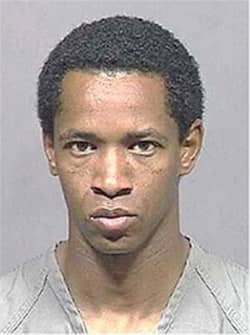
John Allen Muhammad
John Allen Muhammad, also known as the Beltway Sniper, was the final stage of a season of terror between the fall of 2001 and October 2002, beginning with 9/11 and the anthrax attacks and ending with Muhammad's shooting of ten people over the course of three weeks in Washington, D.C., Maryland, and Virginia.
Muhammad was trained as a marksman by the United States Army, with whom he served during the first Gulf War. A longtime member of the Nation of Islam, Muhammad spoke of his high regard for Al Qaeda, and he approved of the 9/11 attacks. His partner in the Beltway attacks, Lee Boyd Malvo, has described their work as jihad, which outraged many Muslims and Muslim organizations, prompting statements and press conferences about the meaning of jihad and how Muhammad's actions were not to be considered jihad.
Muhammad was executed by lethal injection in November of 2009.
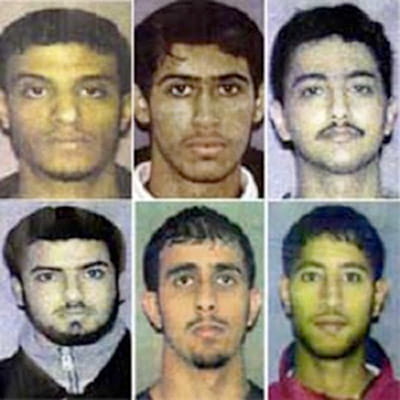
The Buffalo Six
In the spring of 2001, several months before 9/11, six childhood Yemeni-American friends from Lackawanna, New York (just south of Buffalo), traveled together to Afghanistan to attend an Al Qaeda training camp. In June, authorities were alerted to the group's suspicious activities, and they began to be monitored by the FBI.
All six men were arrested in the late fall and early summer of 2002, and held on suspicion of terrorist activities. Each pleaded guilty. Later that year, the men accepted sentencing to various prison terms for "providing support or resources to a foreign terrorist organization." For the Lackawanna community, which is situated outside of Buffalo, the arrest and sentencing of the Lackawanna six was another difficult time for the community, which already faced suspicions after the 9/11 attacks. Although the Lackawanna six pleaded guilty to training at an Al-Qaeda camp, the young men insisted they never planned anything against the United States, according to an NPR article. "But against the post-Sept 11 backdrop, stereotyping became easy."
